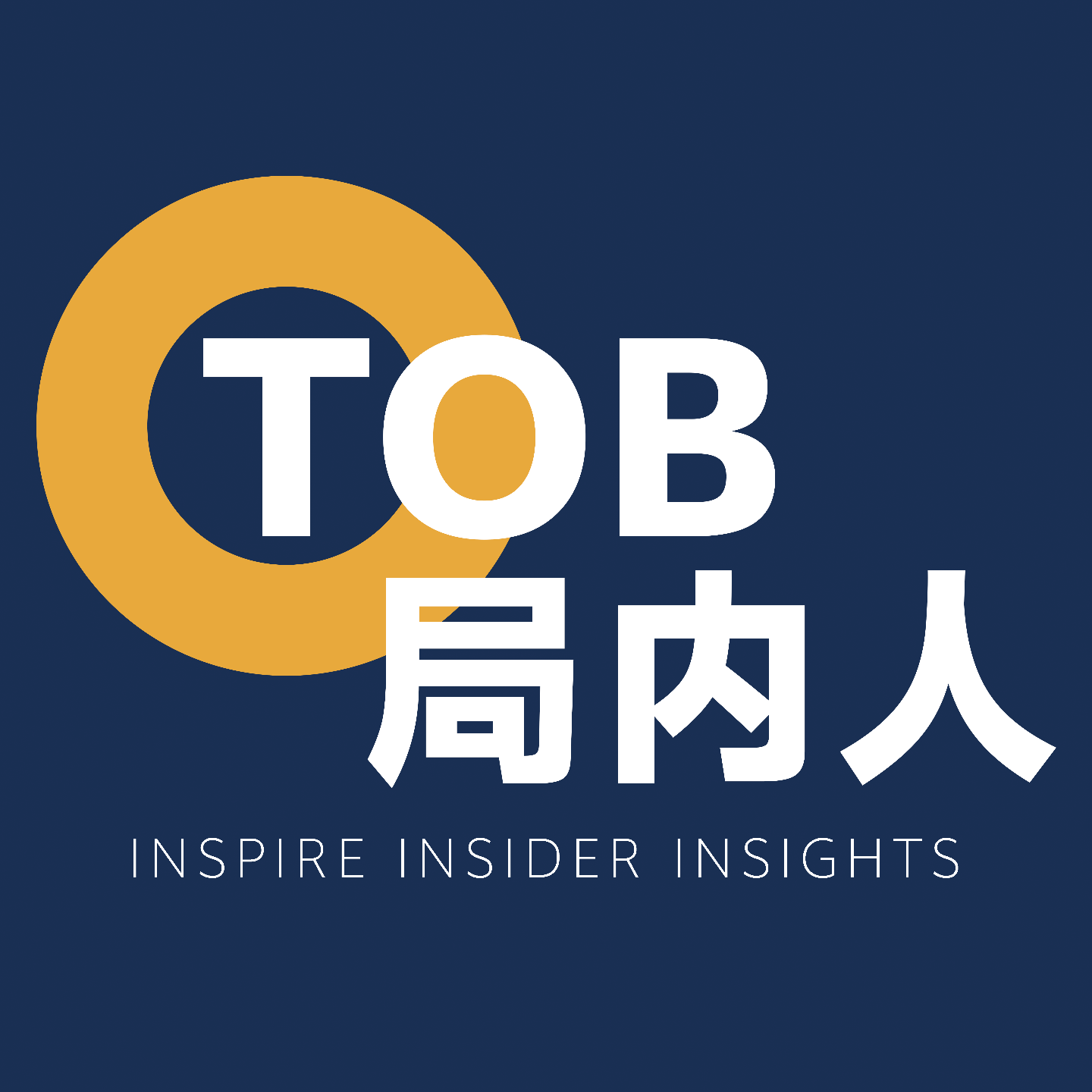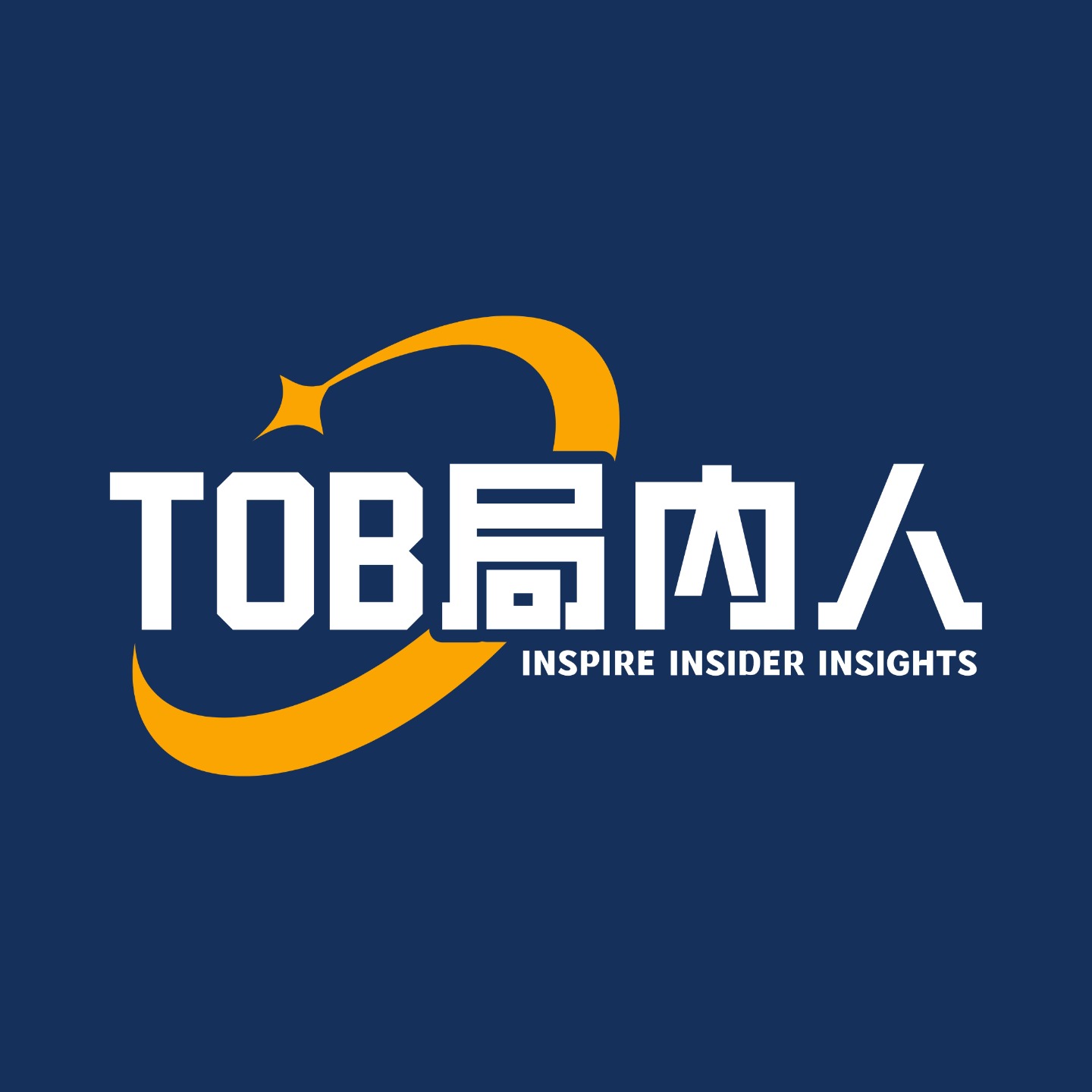
Deep Dive
What are the three main stages of pre-sales work according to Xiaomi?
The three main stages are: 1) Judging business opportunities, where pre-sales and sales collaborate to assess potential deals and be cautious of overly perfect client demands. 2) Requirement analysis, where the feasibility of client needs is evaluated, including whether third-party collaboration is needed. 3) Client solution interaction, involving technical Q&A and negotiation, often leading to bidding or direct contracts.
Why is it important for pre-sales professionals to know their and their company's boundaries?
Understanding personal and company capabilities helps pre-sales professionals identify when to involve external partners or internal teams like product managers and technical staff. This ensures that solutions are feasible and prevents overcommitment, which can lead to project failures or inefficiencies.
What role does a pre-sales professional play in bridging gaps between sales and technical teams?
Pre-sales professionals act as a bridge between sales and technical teams by translating client needs into actionable technical requirements. They ensure that the technical team understands the client's expectations and that the sales team is informed about the feasibility and constraints of the proposed solutions.
How does Xiaomi suggest handling situations where client demands are unclear or non-existent?
In cases where client demands are unclear or non-existent, Xiaomi recommends on-site observation and interaction with the client's operational staff to identify pain points and potential areas for improvement. This hands-on approach helps in crafting tailored solutions that address real needs, even if the client cannot articulate them.
What is the significance of building a personal knowledge base for pre-sales professionals?
Building a personal knowledge base helps pre-sales professionals efficiently manage and retrieve information about client needs, industry trends, competitor strategies, and past project experiences. This repository enhances the quality of solutions offered and improves communication with clients and internal teams, leading to higher success rates in deals.
Why does Xiaomi describe the pre-sales role as having a 'pessimistic' aspect?
Xiaomi describes the pre-sales role as having a 'pessimistic' aspect because pre-sales professionals often focus on identifying potential risks and challenges in projects. This cautious approach helps in setting realistic expectations and preparing contingency plans, ensuring that the sales team does not overpromise and that projects are more likely to succeed.
- 售前工作的三大阶段:判断商机、需求分析、客户方案交流
- 客户需求完美时需谨慎
- 评估自身及第三方合作能力
- 方案交流及谈判,可能涉及招投标
Shownotes Transcript
快来听项目故事!这是一位软件售前解决方案成长的5个项目故事和1个秘籍!
本期我们邀请到软件售前专家-小米,模拟翻开她的售前工作日志,分享那些令人难忘的项目经历,无论是成功的喜悦还是失败的教训,以及她从售前角度的深刻总结和思考。
透露个小米的售前秘籍——知识库。建立完善的知识库,记录客户需求、行业信息、竞争对手分析、解决方案及案例研究,能显著提高工作效率和解决方案质量。
售前岗位扮演着连接客户与产品、协调内部资源的桥梁角色,需不断学习市场与客户动态,以满足客户需求,解决实际问题。小米认为是售前是军师、是幕僚、更是客户与产品的桥梁。
那么,大家怎么看待售前呢?
【主播👨🏻】大海
【嘉宾👩🏻】小米,软件行业资深售前解决方案,希望与企业一起“升级打怪”,探索数字化转型。项目涉猎商业地产、零售/快消行业搭建会员数据中台,泛互联网行业提供精准获客、市场分析,AIGC探索。
【提要📒】
02:18 售前工作的三大阶段
- ①判断商机:客户需求表述过于完美时,我们需保持谨慎。
- ②需求分析:评估客户提出的需求是否可由我们解决,或需第三方合作。
- ③客户方案交流:方案的交流和谈判,可能涉及招投标过程。
- 识别竞品调研,防范客户“白嫖”行为。
08:34 项目故事-1 商超会员中台建设
- 售前和产研是销售的宝贵资源
- 在大型项目中,售前应主导需求分析,而非单独承担
- 售前需明确自己的能力边界和公司的专业领域、能力边界
16:18 项目故事-2 B2B精准获客
- 销售总监与客户对接人沟通出现障碍,售前作为调节器
- 售前和销售是合作关系,而非敌对
- 客户对接态度不同,售前可在技术和沟通层面提供补充
27:48 项目故事-3 MCN机构AIGC营销提效
- 高层介绍的客户,商机在公司内部流转逻辑有待优化
- 多个部门希望成为收益方,但花钱的部门迟迟未定
- 售前不仅是需求分析,还需与销售共享信息,传递风险
36:19 项目故事-4 养老中心的数字化场景
- 客户高层的决策,但执行层没有需求,售前要怎么办呢?
- 怎么判断项目值得投入一定的成本去售前驻场做调研呢?
44:00 项目故事-5 银行对公营销获客
- 提供的数据维度客户已有,无法吸引客户
- 缺乏行业专业知识,解决方案全面性不足
- 延伸讨论:如何进行目标客群选择
50:14 小米对售前岗位的看法
- 他更像类似于一个军师或者幕僚的角色
- 他些许带有一些“悲观主义”色彩
- 在公司内部而言,像桥梁一样。我可能在公司内部更会跟比如销售去做对接,去做跟产研去对接,对外是跟客户来去做对对接,客户做一些POC验证的时候,我要把这个比较明确的一种信息去传递给我们的后端的同事们
55:20 售前自我成长的锦囊
- 构建个人知识库以提升工作效率和质量
- 包括需求库、行业知识库、竞争对手库、解决方案库和案例库等不同方面的内容。需求库记录与客户的交流细节,行业知识库总结行业趋势和内部知识,竞争对手库分析竞争对手策略,解决方案库提供应对不同情况的方案,案例库则积累成功和失败的案例供学习和参考。
- 通过这样的知识库构建,个人可以更好地准备客户沟通,提高销售效率,同时预防潜在的问题。
【后期✂️】小铁
【音乐🎵】
- 片头:speed of light- Jazz Funk Sou
- 垫乐:Bossa nova
- 片尾:James Brown 《Try Me》
【往期️🚀】
局部有语 | 对话客户体验专家 龙国富:离开业务目标谈客户体验提升,就是自我感动!)
大咖返场!Jonathan:B端销售不会送礼物也一定做不好业务!)
销售实践 | 从月入千元到年薪百万:大咖级Sales Jonathan的进阶之路)
【收听👂🏻】
❤️如果你喜欢「TOB局内人」,请给我们三连:点赞、留言、转发。
👉加入听友群&嘉宾自荐,请联系vx:Tracy25200 (备注:TOB+公司)

